Minimalism and Zero Waste: Setting Yourself up for Success
Minimalism and Zero Waste: Setting Yourself up for Success
Written By
Like many, I was formally introduced to the Zero Waste lifestyle through Bea Johnson’s book, Zero Waste Home. After I read the book, I was excited and ready to get started. While talking with my sister I shared the new ideas I had learned. She listened and then said, “I think all of that will be easier if you had less stuff.” She told me about a book she had just read, Marie Kondo’s The Life Changing Magic of Tidying Up.
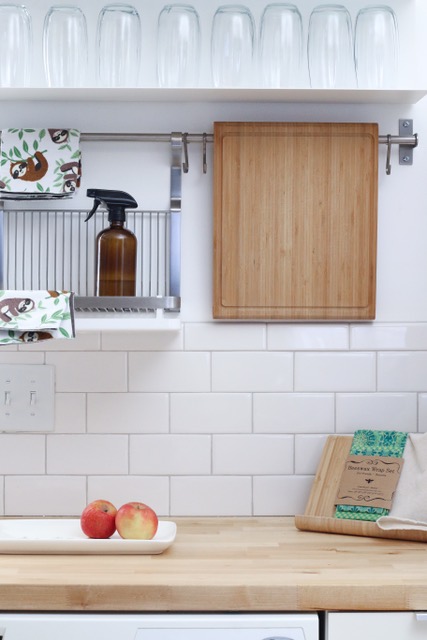
Photo by Good Soul Shop on Unsplash
The year was 2015 and Bea and Marie were about to change my life. I was raised by environmentally conscious parents. I grew up composting, with reusables and was taught not to be wasteful, but I had never made the connection between minimizing my belongings and being environmentally conscious. Encouraged by my sister, I began decluttering my home using Marie Kondo’s method of tidying by category: clothes, books, papers, komono (miscellaneous things), and sentimental items. I’ve always been an organized person, but her method really resonated with me and freed me from constantly feeling overwhelmed in my home. I had so many things that I didn’t need! It felt so good to have less and I was able to declutter in a sustainable manner. As I delved further into a zero waste lifestyle, I was able to find a second life for many of my belongings as opposed to the landfill. It’s a blessing and a curse, but every time I throw something in the trash I think, where does it go?
How do Minimalism and Zero Waste go together?
Minimalism is about intentionally living with less. The focus is on getting rid of excess and living only with the things that you really need. Zero Waste is about avoiding as much waste as possible. The focus is on being careful not to create waste as we consume what we need. Living with less = less potential for waste. Both Minimalism and Zero Waste invite you to step off the consumerism hamster wheel and act responsibly. They free you from our consumer culture and need to possess things.
So, what’s the best way to get started simplifying your home?
Whether it’s using Marie Kondo’s KonMari Method® of going through the 5 categories or using a more traditional organizing approach, like decluttering by area, it often boils down to these 3 questions: Do you love it? Do you need it? and Do you use it? The next step is to dispose of the discarded items sustainably and mindfully. Some of my favorite ways to give items a second life are: local thrift shops, “Buy Nothing” Facebook groups, Facebook Marketplace, Nextdoor, Craigslist, or placing items on the curb for neighbors. Check out a list of my favorite local and national resources here. For things that can’t be given away or repurposed, check out your local city recycling center. Many cities are becoming more aware of the need to reduce trash going into our landfills and are offering more extensive recycling options. Garbage bins should be used as a last resort.
How do you sustain your Minimalist and Zero Waste lifestyle?
I use the 5 R’s as a guide: refuse what you do not need, reduce what you do need, reuse what you consume, recycle (what you cannot refuse, reduce or reuse), and rot (compost) the rest. Most of us are familiar with the 3 R’s: reduce, reuse and recycle. I love the “rot”, but it had never occurred to me to “refuse”! It makes so much sense, but it takes a lot of practice in our consumer culture and goes against social norms. This can be especially difficult for kids, but is well worth the continual effort. Once you’ve reduced, the “refuse” is the “R” that I speak to my clients the most about. If you can stop things from coming into your home, managing daily life will be that much easier.
What about storage?
Storage is finalized once you’ve finished minimizing your belongings. Put things away, but keep in mind that you’ll be making more room as you go. Everything should have a home and after you’ve decluttered, the storage you have available in your home is often sufficient. As you’re decluttering, save small boxes that can be used to store items in drawers or closets. I also love this video on Marie Kondo’s folding method to maximize space in drawers.
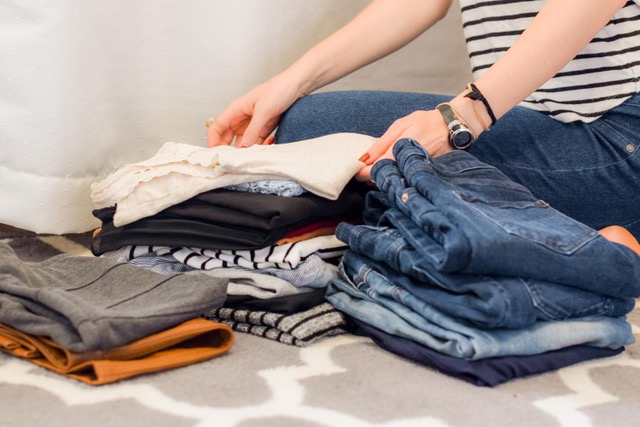
Photo by Sarah Brown on Unsplash
What are the benefits of minimizing?
The benefits that you experience from minimizing your belongings are varied and some may surprise you. By getting rid of the external clutter, you make space internally. Some frequent benefits that I see with clients are:
-Improved mental health: clarity, balance, living aligned with your values, freedom from feeling overwhelmed, improved relationships.
-Improved physical health: better sleep, weight loss.
-Financial freedom: reducing your dependency on things, means less to buy and more money to spend constructively.
-Time savings: less cleaning, less shopping.
-An attitude of gratitude. Thankfulness and respect for the items you’ve discarded and the items you’ve decided to keep.
-Feel good about the positive impact you’re having on the environment…decreased need for landfills!
Becoming more mindful of our belongings, the waste that we create and how we can reduce it is a step toward having a positive impact on our environment. By taking steps toward a Minimalist and Zero Waste lifestyle, we will decrease the need for landfills and decrease our carbon footprint.
Minimalism and Zero Waste both require a mindset shift. The great thing is that you get to decide what’s right for you. There is no correct number of items to own or a “perfect” Zero Waste lifestyle. Small changes matter. Get started!
Need help or motivation with the task of minimizing?
Assistance is common, and available. Check out Debra Perdomo Decluttering for sustainable help in simplifying your home.
“We don’t need a handful of people doing zero waste perfectly. We need millions of people doing it imperfectly.” Anne Marie Bonneau – Zero Waste Chef



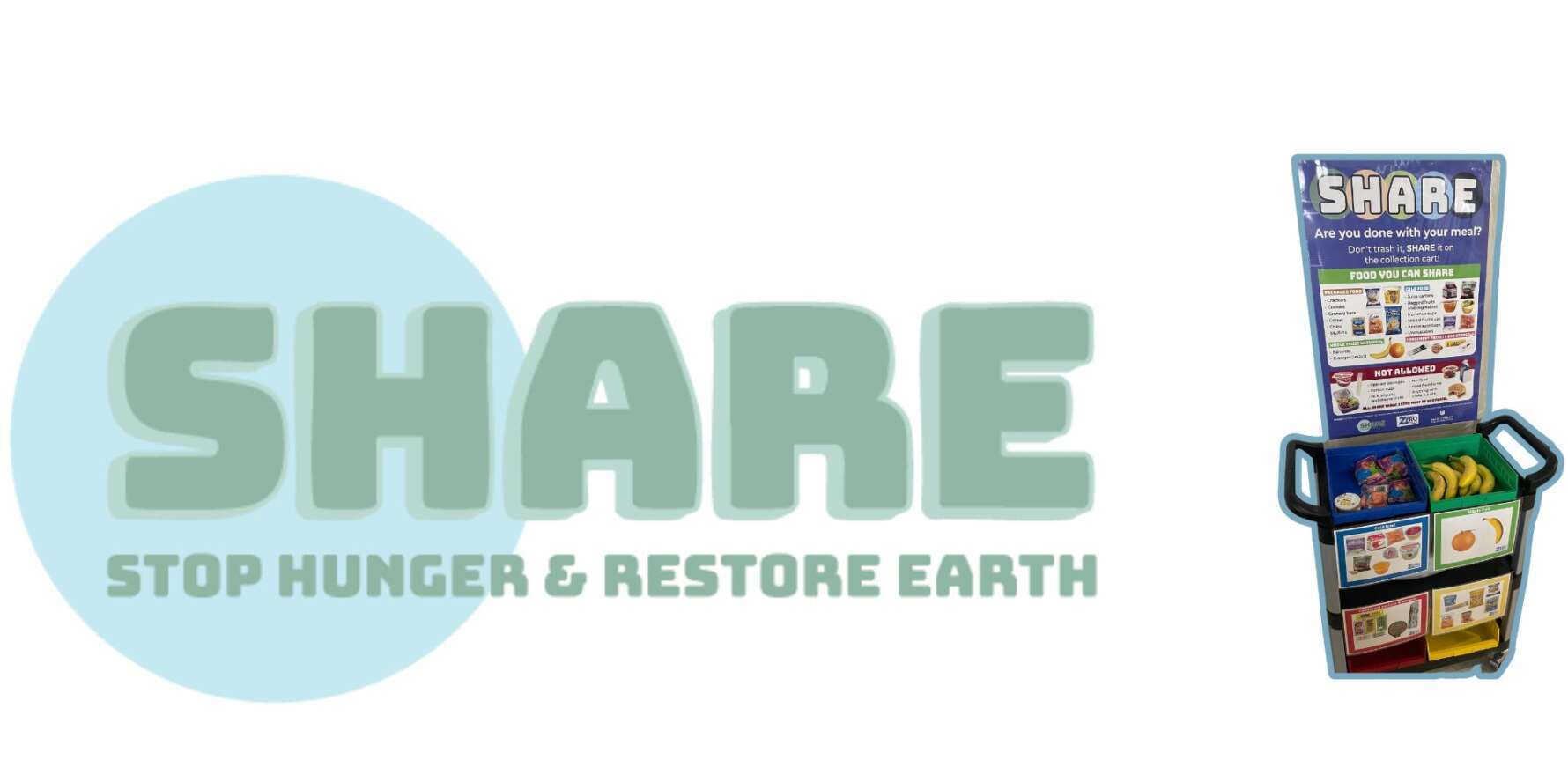
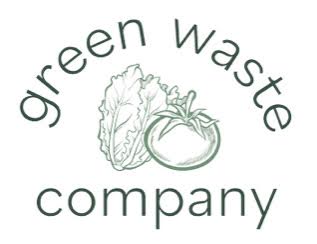

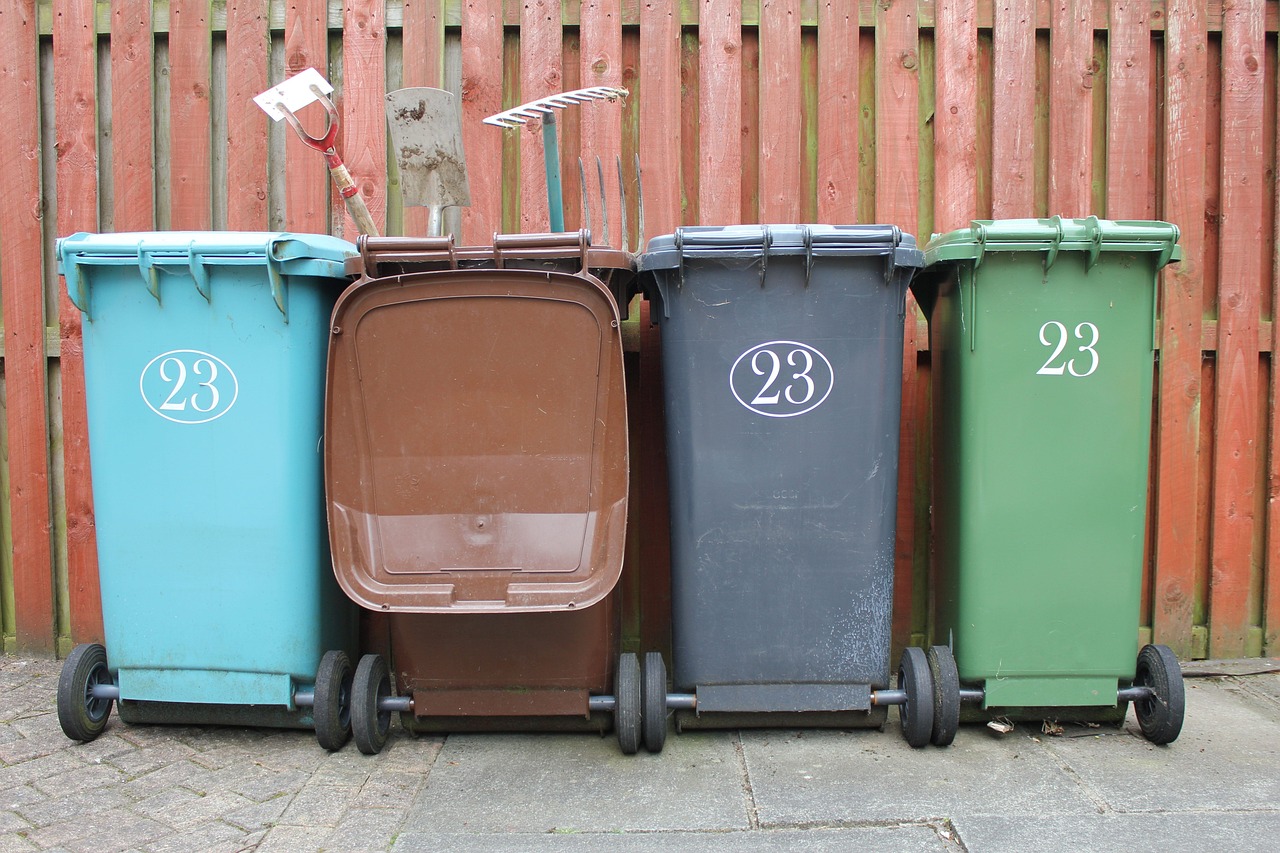
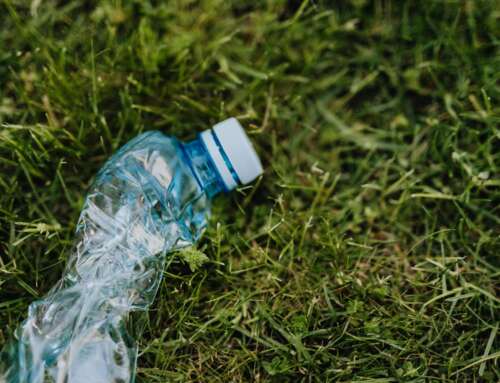
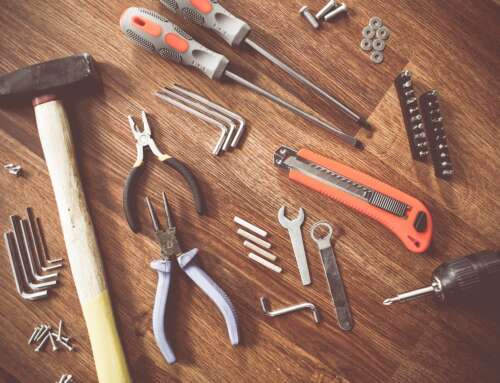
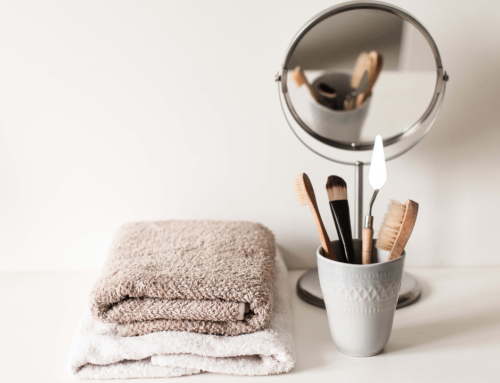
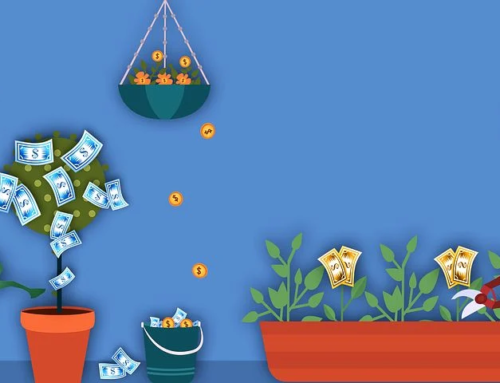
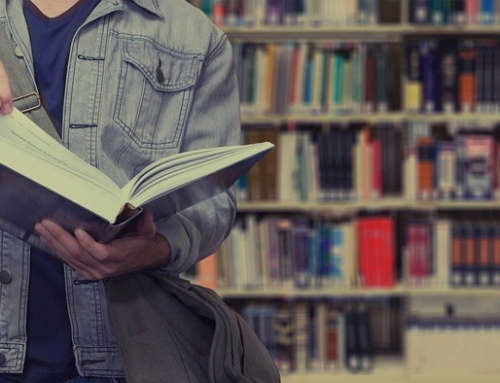
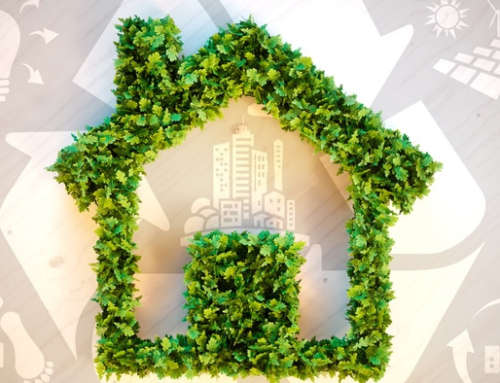


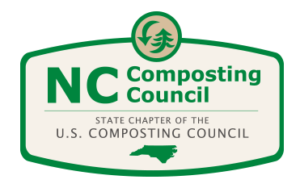
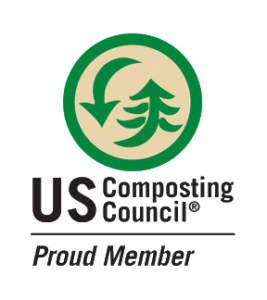



What a thoughtful and inspiring read! I love how this article connects minimalism with zero-waste living, showing how the two go hand in hand. It’s empowering to see how simplifying our lives can lead to both personal fulfillment and a positive environmental impact. The practical tips for starting small and focusing on what’s truly essential really resonated with me—it’s such a great reminder that these changes don’t have to happen overnight. Thank you for providing a balanced perspective on setting realistic goals and celebrating progress along the way. This definitely motivates me to continue on my own journey towards a more sustainable lifestyle!